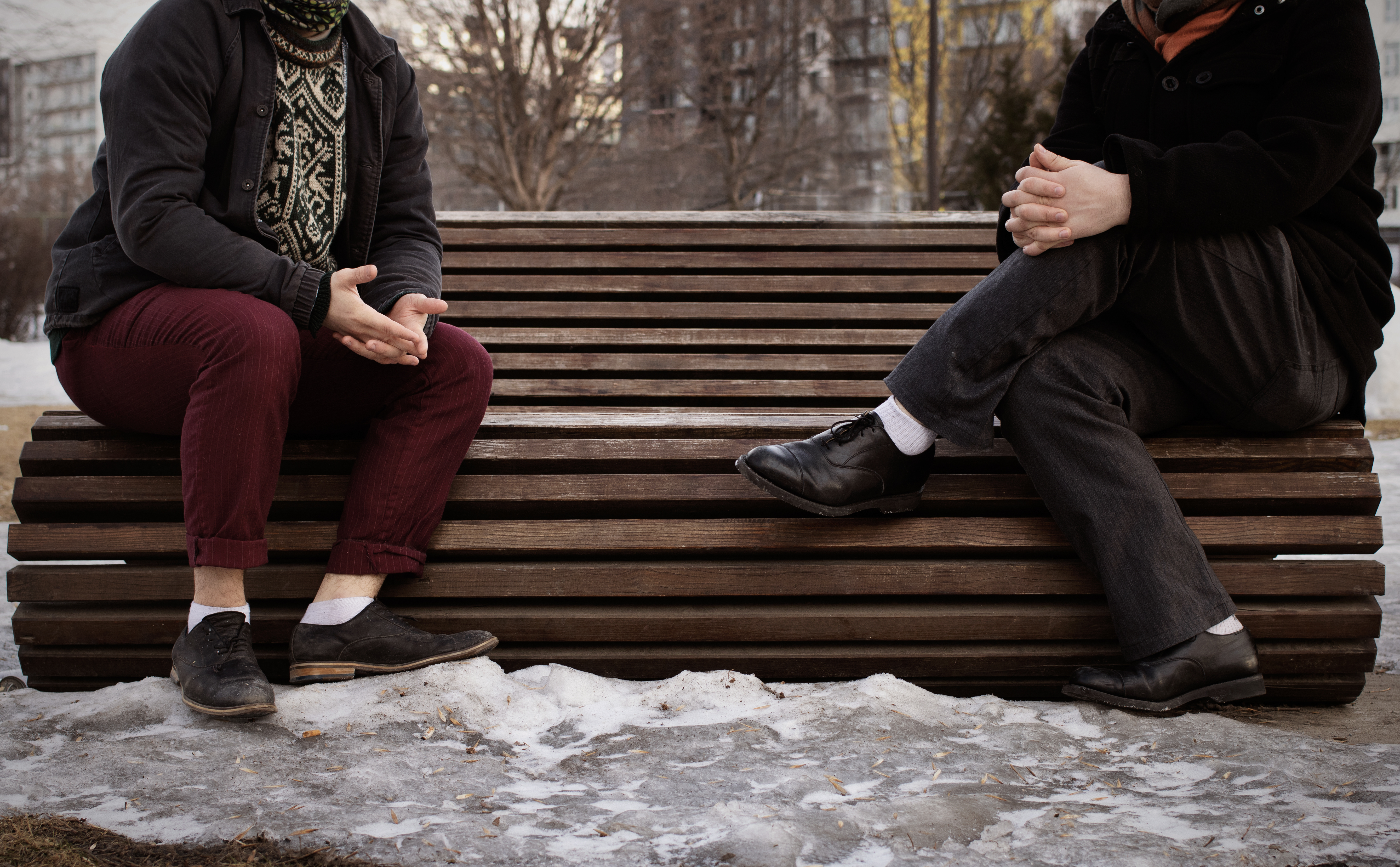In the pursuit of finding the answer to journalistic woes, I was reminded why I am here
Patricia Mukhim, an investigative journalist and the editor of The Shillong Times was greeted with a gasoline-filled Molotov cocktail at her house on April 17, 2018 in Meghalaya, India. She had been reporting on illegal limestone mining in the northeastern hilly state with a fragile ecosystem.
Raman Kashyap, a freelance investigative journalist at Sadhana TV, Uttar Pradesh, India, was at first declared missing and later found dead on Oct. 4, 2021. He was covering the ongoing farmer protests where a vehicle of an official allegedly ran over protesters.
I could have brushed these examples off as anomalies in the vast profession that is journalism. But the stats didn’t support me either. In Reporters Without Borders’s 2021 World Press Freedom Index that ranks nations according to their press freedom and safe reporting laws, India ranked 142 among 180 countries. This calls out a crisis in Indian journalism, the very crisis I decided to be a part of.
These events and stats made it really hard for me to convince my dad to fund my journalistic interests. Like any Indian father, he too was religiously following the loud news debates, atrocious insensitive headlines, clickbait thumbnails and shameful coverage of what is now merely labelled news. He politely asked me to choose something else to pursue.
When I first shared my intentions to still pursue journalism, the immediate response was a shocking “Why?” followed by a big “No.” My loved ones were worried about my safety — and it was a valid fear. They knew I would be too ambitious to cover a mere puff piece instead of a scandal. Thankfully, I convinced them.
Once travel restrictions around the world were lifted, I flew thousands of kilometres from Hyderabad, India to Montreal to study journalism. I hoped that it would give me a global perspective on the respected profession.
Soon after arriving, I luckily came across an investigative article by Ricochet Media, which reported on police brutality in Montreal against student journalists during a protest. The Canadian Association of Journalists also published a press release condemning multiple attacks on journalists and reporters covering protests in Montreal and Quebec City. They requested police to take action against the attackers.
What I learned from instances like this is that the world views journalists and our profession as something to be restricted, disrespected, and controlled with an iron hand no matter the continent.
Why do these journalists keep going back to the field, back to their newsrooms, back to reporting and investigating just to be shoved around, arrested and even killed? Why am I still here writing for newspapers and looking for events to report on? It is because journalism is a powerful profession — one that I want to be a part of.
My presence as a media person suddenly made people around me self-aware of what they said and did. That was something to take pride in. It’s crazy to think that I, a student journalist who just started her classes, am already making people nervous. It was this power of journalism that still drives me and convinced my loved ones to support me.
Journalism is founded on the efforts made to seek the truth, and I believe that the profession derives its power from this truth.
Truth-seeking is also one of the founding pillars of freedom of the press. In the same way, the makers of the Indian Constitution included freedom of speech and expression as some of the fundamental rights for its citizens, with a few press or media exceptions.
But where do we draw the line in our reporting, when it doesn’t guarantee complete truth?
Some journalists get hit with death threats and “sedition” cases for digging deep or getting closer to a hidden truth. However, those who spread and propagate falsified truths remain unaffected.
The reason behind those who benefit from fabricating truth being unharmed is complex. When the truth is being weaponized, fabricated and projected from behind a shroud of imagined righteousness, those holding the weapon are not harmed, nor those who fixed the targets. I could be at the right place trying to debunk false news at the wrong time and become an easy target in this chaos. Now, I understand the collective concern and worry my friends and family had for me and my professional choices.
In the wake of all this, what is journalism fighting for? For the truth that is losing its sanctity? For righteousness that is constantly maligned? For an ultimate value that can never be achieved? No. Journalism fights for change.
Mukhim’s reporting moved the local government to make amendments to licensing limestone mining. This was a partial win as the illegal and environmentally harmful extraction of the locally abundant material hasn’t stopped. But neither will she.
Efforts of journalists like Kashyap, along with many local farmers, enabled change. They covered different angles of the farming laws, collected reasons for the dissent, debunked fake rumours for over a year, and finally led the government to annul the new farming laws.
Hope that change can be achieved, even in part, pushes journalists to keep going against the odds. It inspires young journalists like me to take up this profession so that in every article I write, I am able to push the wheel of change, one millimetre at a time.
It is great to witness journalism striving for noticeable changes and generating value for itself by overcoming the negative effects of the actions of some of its own, seeking truth, and hopefully being safe to practice. Until then, cheers to Molotov cocktails on weekday nights.
Photo by Christine Beaudoin




